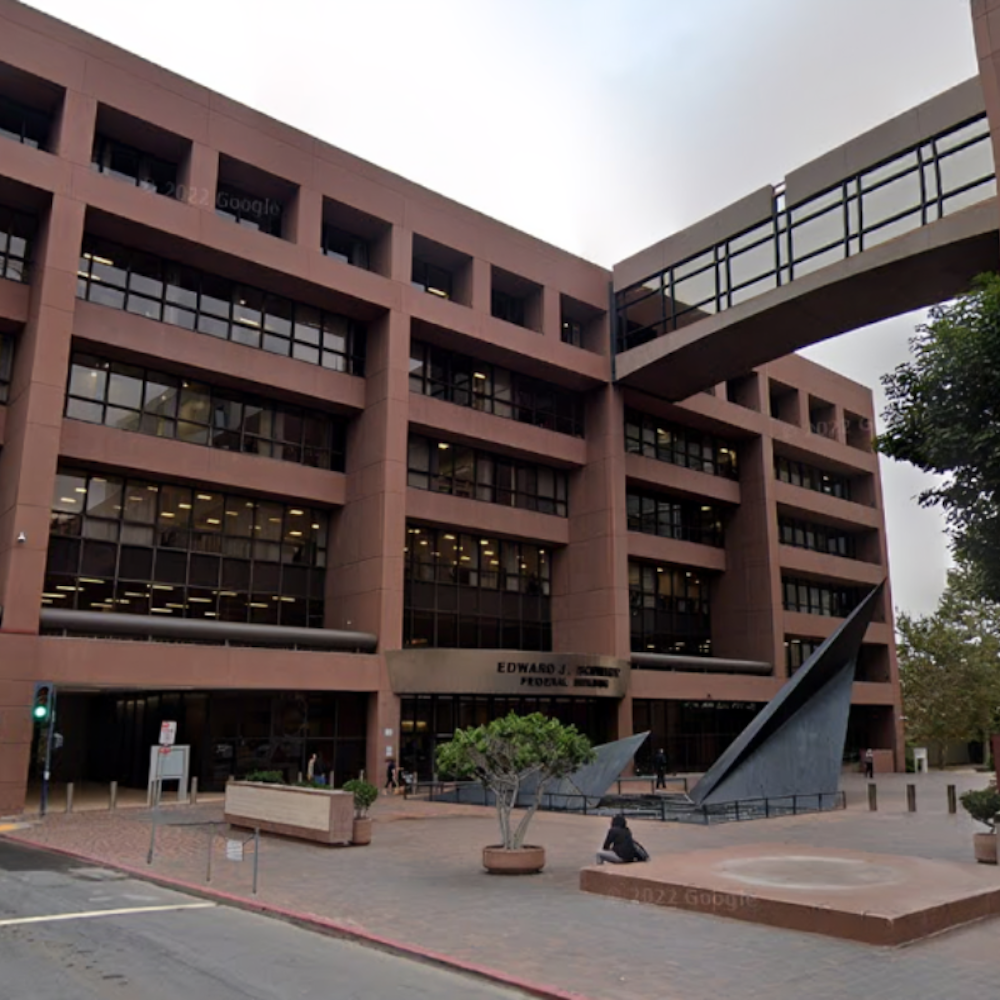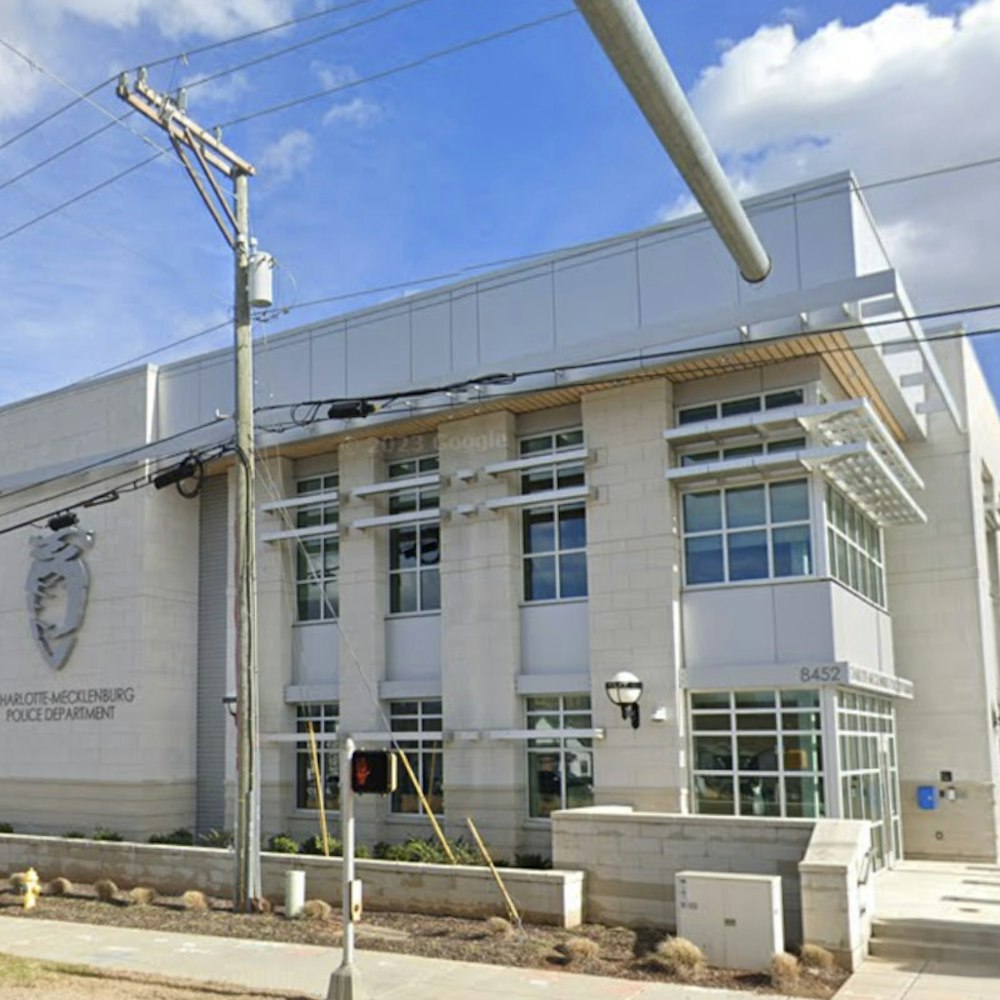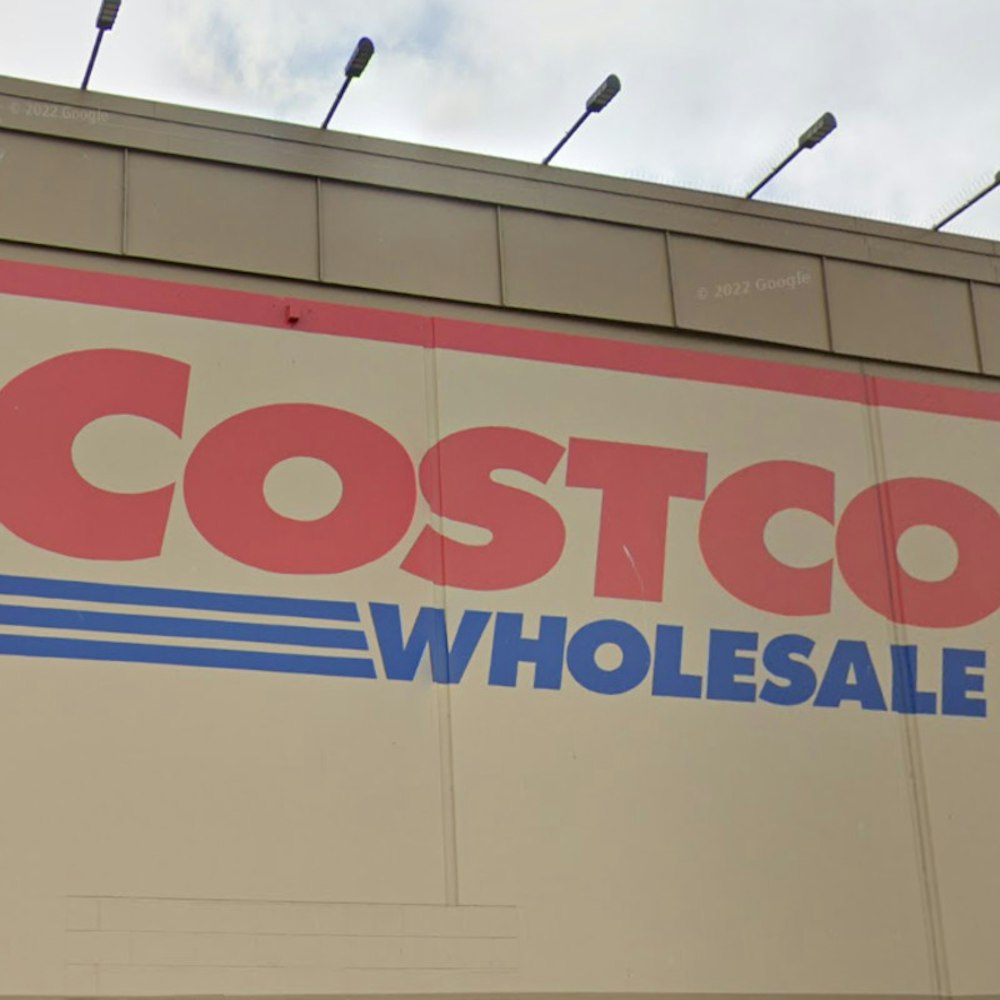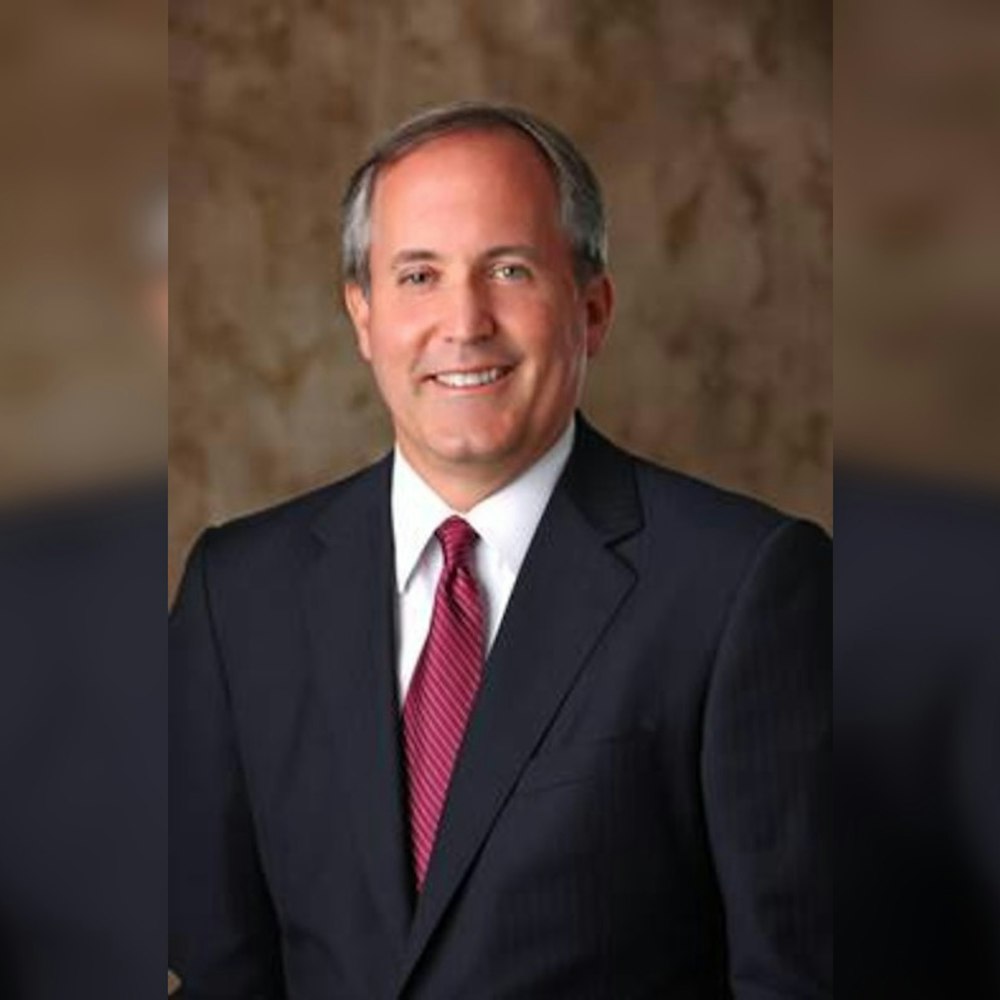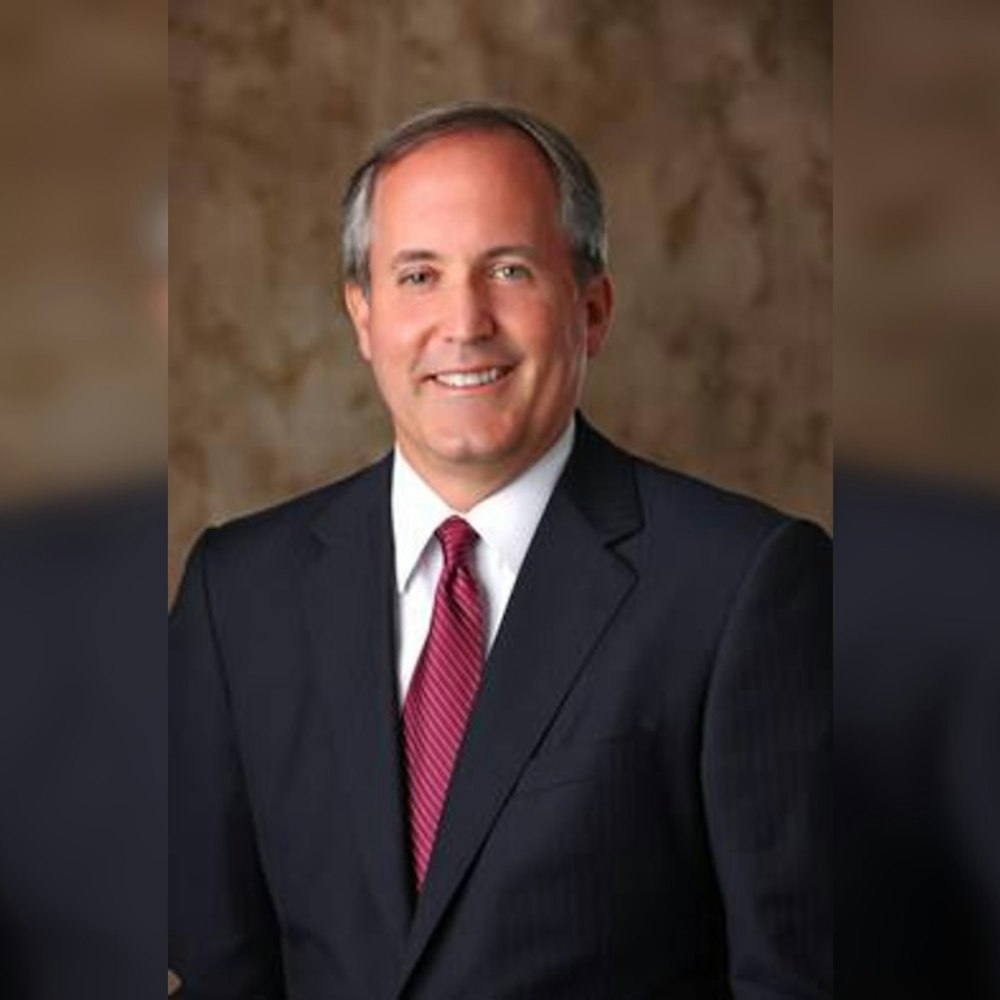
The landscape of retail shopping is undergoing significant security transformations as a response to the rise in organized retail theft, a phenomenon that's causing major retailers to reimagine the traditional shopping experience and even change how shops operate. According to ABC15, companies have begun implementing tighter security measures, including locking up inventory and arming loss prevention associates with body cameras in an effort to combat thefts that are impacting the bottom line and, consequently, consumers' wallets.
Crime's ripple effect is visible on the shop floor; Michelle Ahlmer from the Arizona Retail Association—a board member of the Arizona Organized Retail Crime Association—pointed out sizeable thefts are leading to increased investment in security measures such as armed guards and store closures, potentially causing price hikes and service cuts due to lost sales tax revenue, and she also mentioned the problem can extend to the creation of food deserts. Meanwhile, loss prevention teams at the parent company for TJ Maxx, Marshalls, and Home Goods are donning body cameras, with a spokesperson explaining, “At TJX, the safety of our Associates and our customers is always a top priority. Over the past year, we have begun use of body cameras in certain stores across our U.S. retail brands. Body cameras are currently used by certain Loss Prevention Associates, who have gone through thorough training on how to use the cameras effectively in their roles. Video footage is only shared upon request by law enforcement or in response to a subpoena. Body cameras are just one of the many ways that we work to support a safe store environment. This includes a variety of policies, trainings, and procedures. We hope that these body cameras will help us de-escalate incidents, deter crime, and demonstrate to our Associates and customers that we take safety in our stores seriously.” The footage captured is shared only on request from law enforcement or via a subpoena.
However, the narrative surrounding a tidal wave of retail theft could be overshadowed by misinformation, as a Vera Institute of Justice report suggests. They cast a critical eye on claims made by retail lobbyists about the extent of the theft issue, stating that across most of the country, retail theft was actually lower in 2023 than previous years. Further, they exposed the National Retail Federation's (NRF) erroneous assertion that organized retail crime contributed to nearly half of all retail shrink—the NRF later admitted that the correct figure was near five percent, which aligns with historic rates.
This kind of hyperbolic messaging has led to significant policy discussions, for example, Senator Chuck Grassley's introduction of legislation aimed at fighting what appeared as an onslaught of organized theft, though in light of the corrected figures such reactions may prove to be an excessive match for the scale of the problem the same goes for moves by New York Governor Kathy Hochul and California Governor Gavin Newsom who've both endorsed increased law enforcement for combatting retail theft. The policing of these thefts also raises concerns over racial bias, as a study in Texas highlighted disproportionate charges against Black and Hispanic individuals compared to their white counterparts.
At the heart of these discussions is the need to differentiate between the narrative presented and the underlying data. While bodies like the NRF are keen to point at organized retail crime as the boogeyman eating away at profits, critics like the Vera Institute argue for a focus on economic justice and the treatment of theft as a survival strategy for those in poverty. The conversation on retail theft is complex, touching on issues of economic disparity, racial justice, and the media's role in shaping public perception. Addressing the issue effectively calls for interventions that extend beyond simply tightening security and implementing harsh punishments—it calls for a balanced approach that accounts for the root causes of theft and the welfare of the very communities that retailers serve.
-1.webp?w=1000&h=1000&fit=crop&crop:edges)


